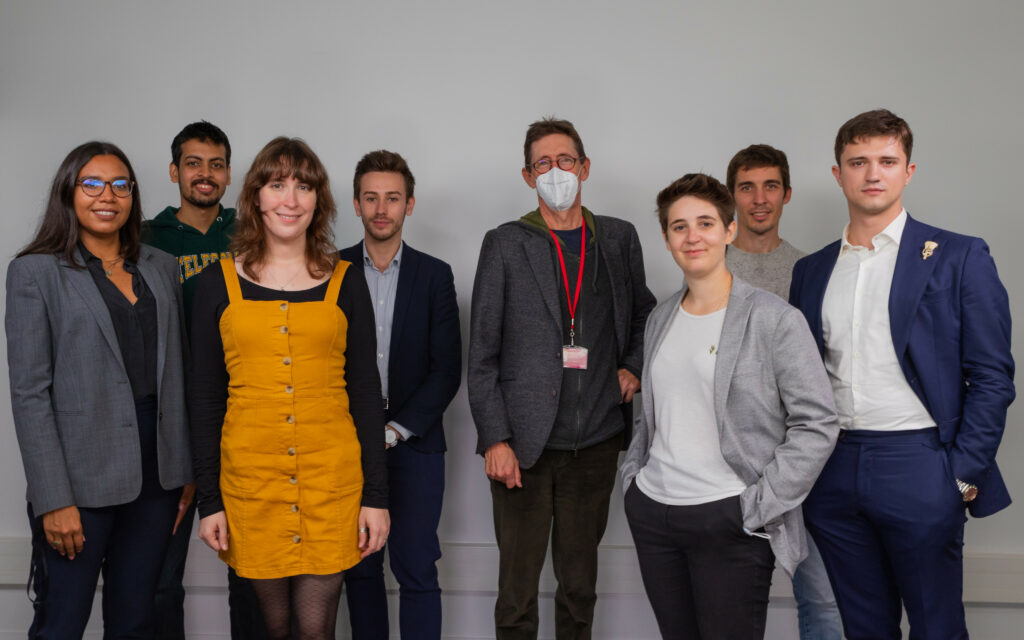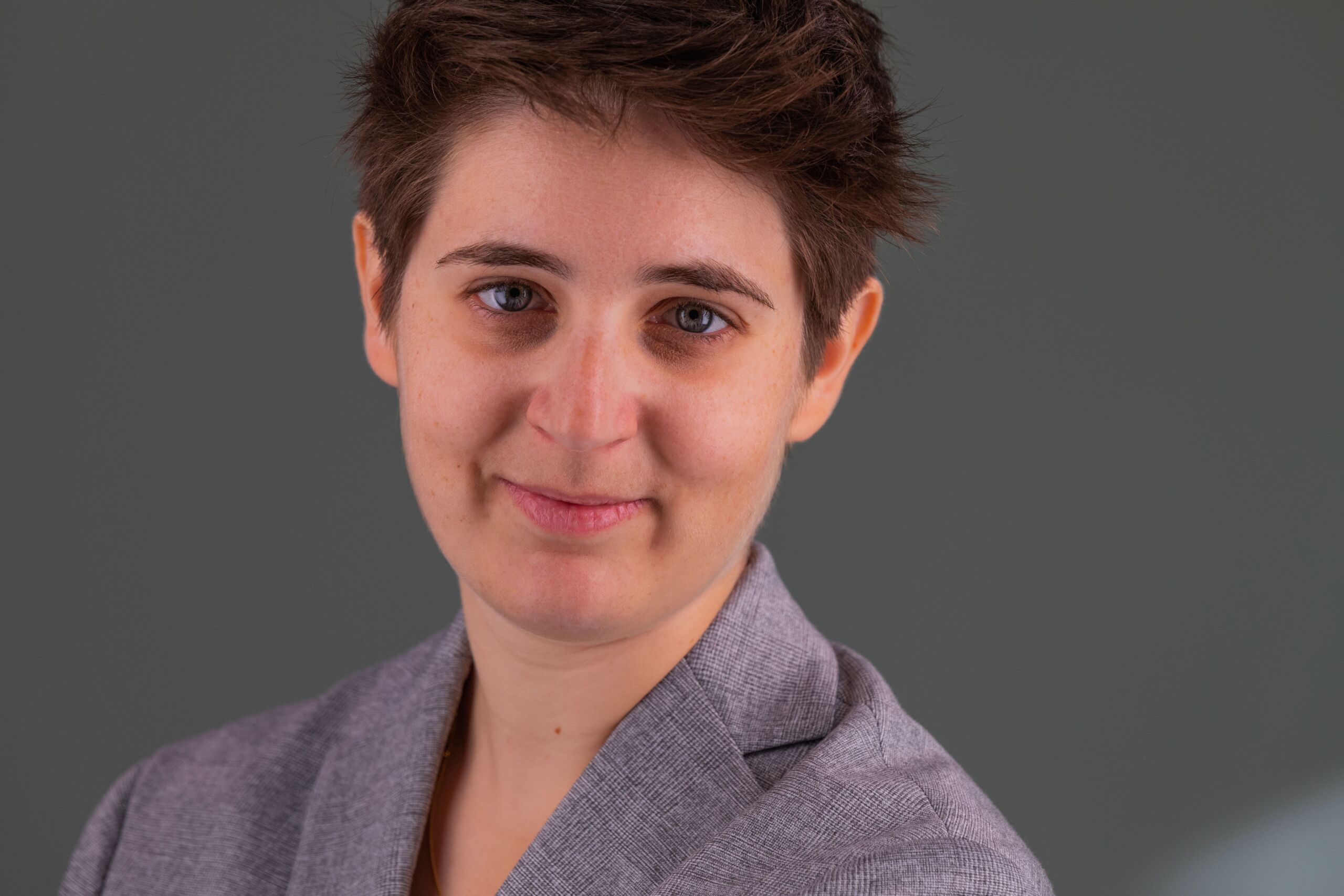Whether the problem relates to the emerging risks of Generative AI, or to more routine risks linked to bias, explainability and robustness of classification or recommendation systems, our research and teaching teams work together, breaking down disciplinary silos to explore pragmatic solutions.
Under the European AI Act, cooperation across scientific disciplines is indispensable. Data scientists cannot address bias and fundamental rights risks alone, nor can lawyers and sociologists imagine solutions to AI risks without involving computer and data scientists. Télécom Paris’s brings these talents together, both in teaching and research. For each problem and use case, we confront different disciplinary points of view.
This multidisciplinary approach requires getting beyond the big principles, and into the operational realities of high-risk AI applications, understanding safety and regulatory constraints specific to particular industries (finance, public safety, health, public administration, energy, transport), and the intricacies of human-machine interactions (HCI).
We prepare our students, whether PhD students or engineering graduates, to collaborate in multidisciplinary environments focused on high-risk AI applications, within public administrations, large enterprises, start-ups, or regulators.

AI Ethics involves computer science, philosophy, law, sociology, economics, management and cognitive sciences.
Thomas Le Goff on the environmental impact of Generative AI
Astrid Bertrand, PhD candidate in Human-Computer Interactions
Our research projects explore the frontier between computer science approaches to AI ethics and approaches developed in the social science, public policy and regulatory arenas. With the help of PhD researchers, we present papers in major international conferences on AI and society, and publish in peer-reviewed journals. To review our main research initiatives

Our teaching programs on AI ethics help engineering students understand ethical and regulatory constraints on AI systems, and be in a position to propose and defend operational solutions. We want our students to engage in constructive problem-solving discussions with stakeholders in other disciplines, including legal and compliance teams, product managers, senior management, employee representatives and outside regulators such as data protection authorities.
Publications, blogs and events of the team.